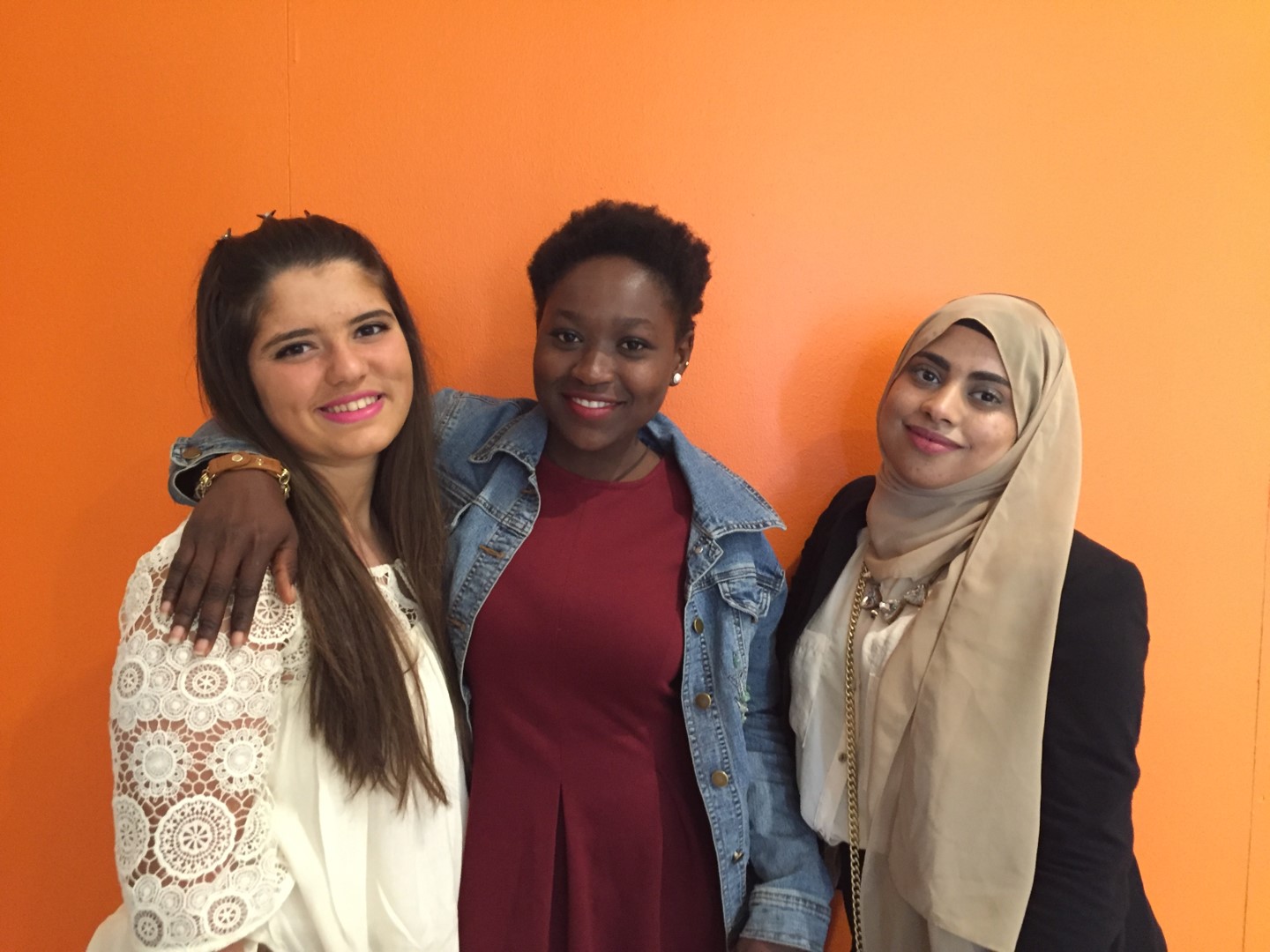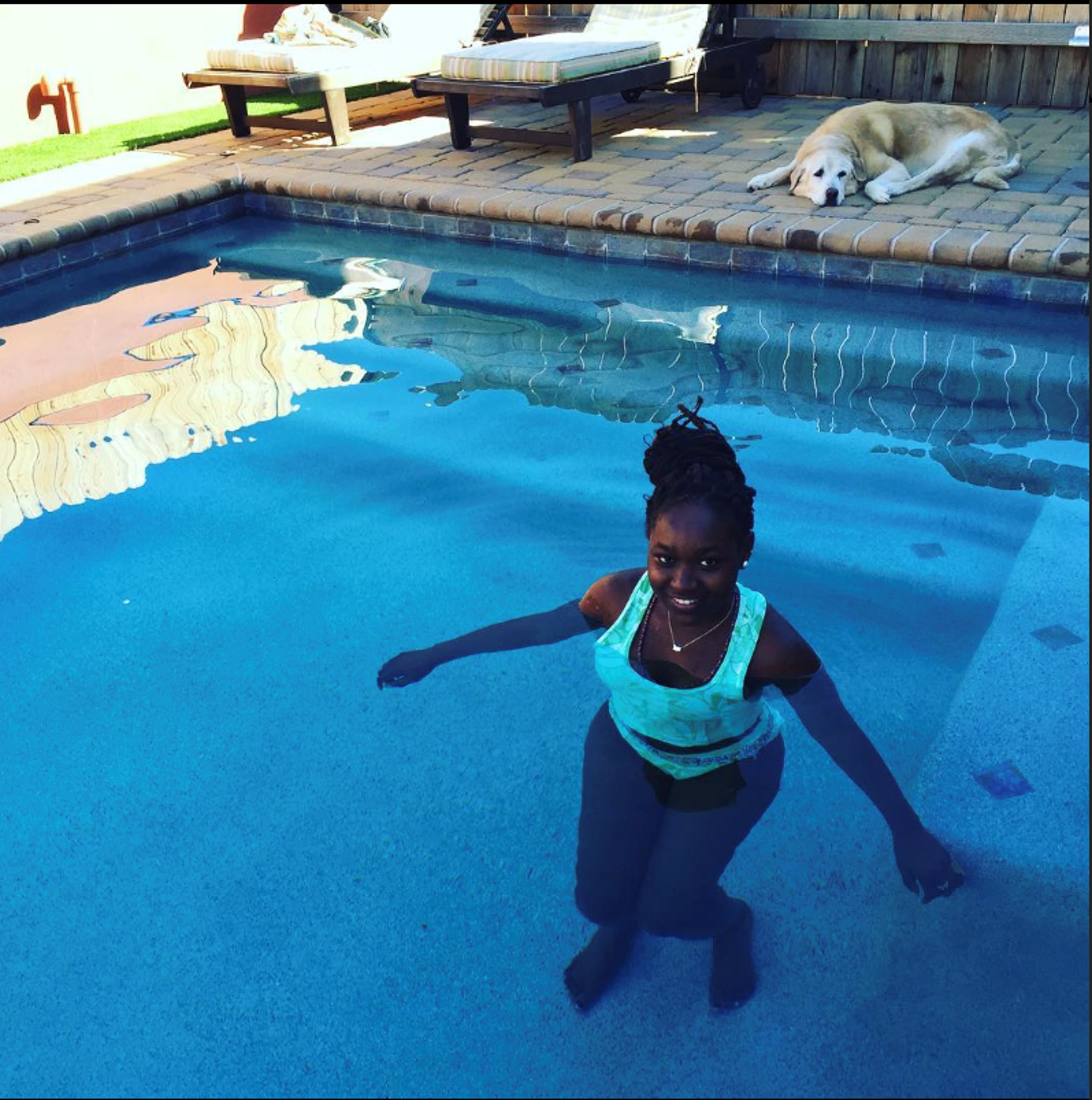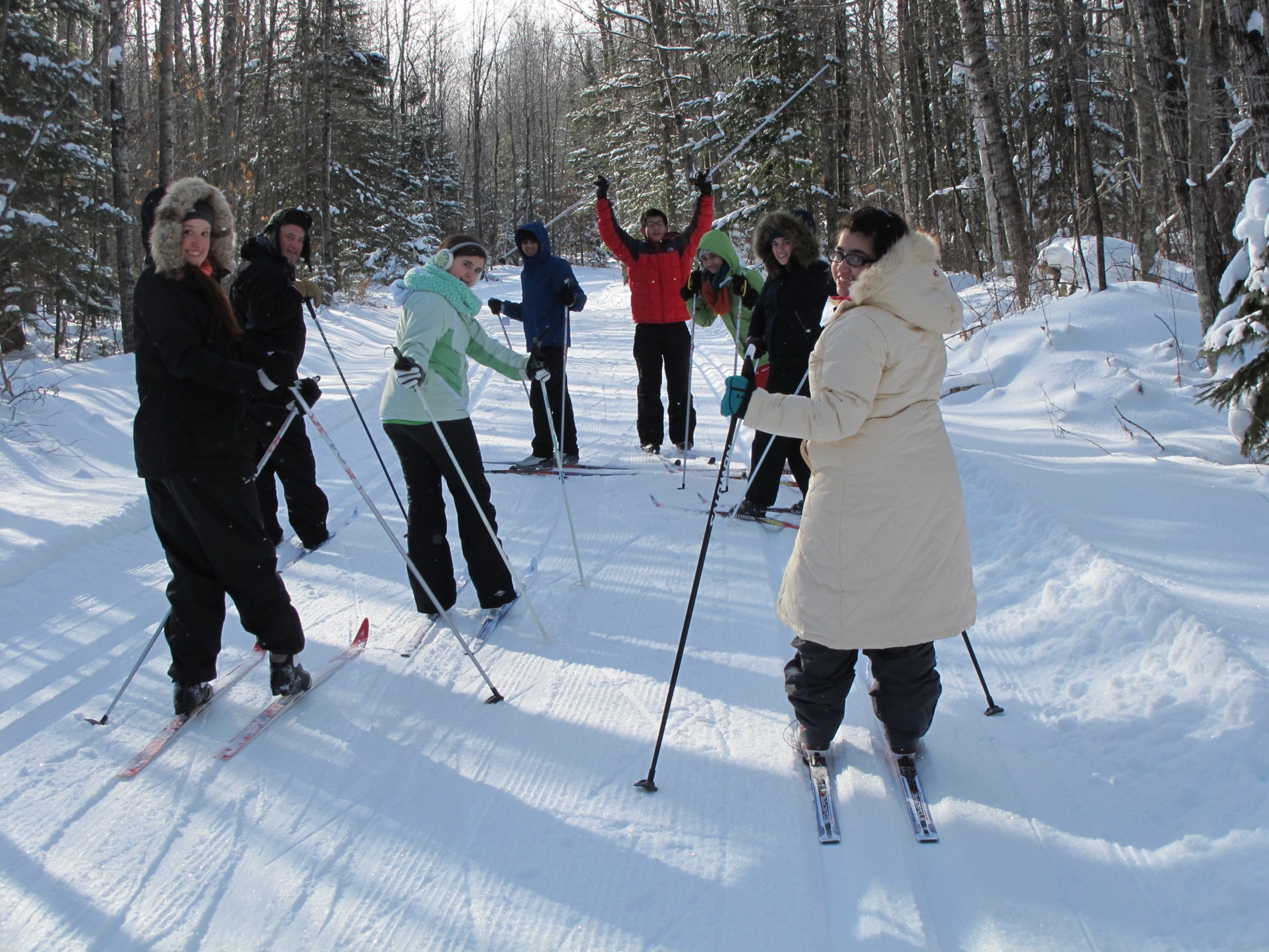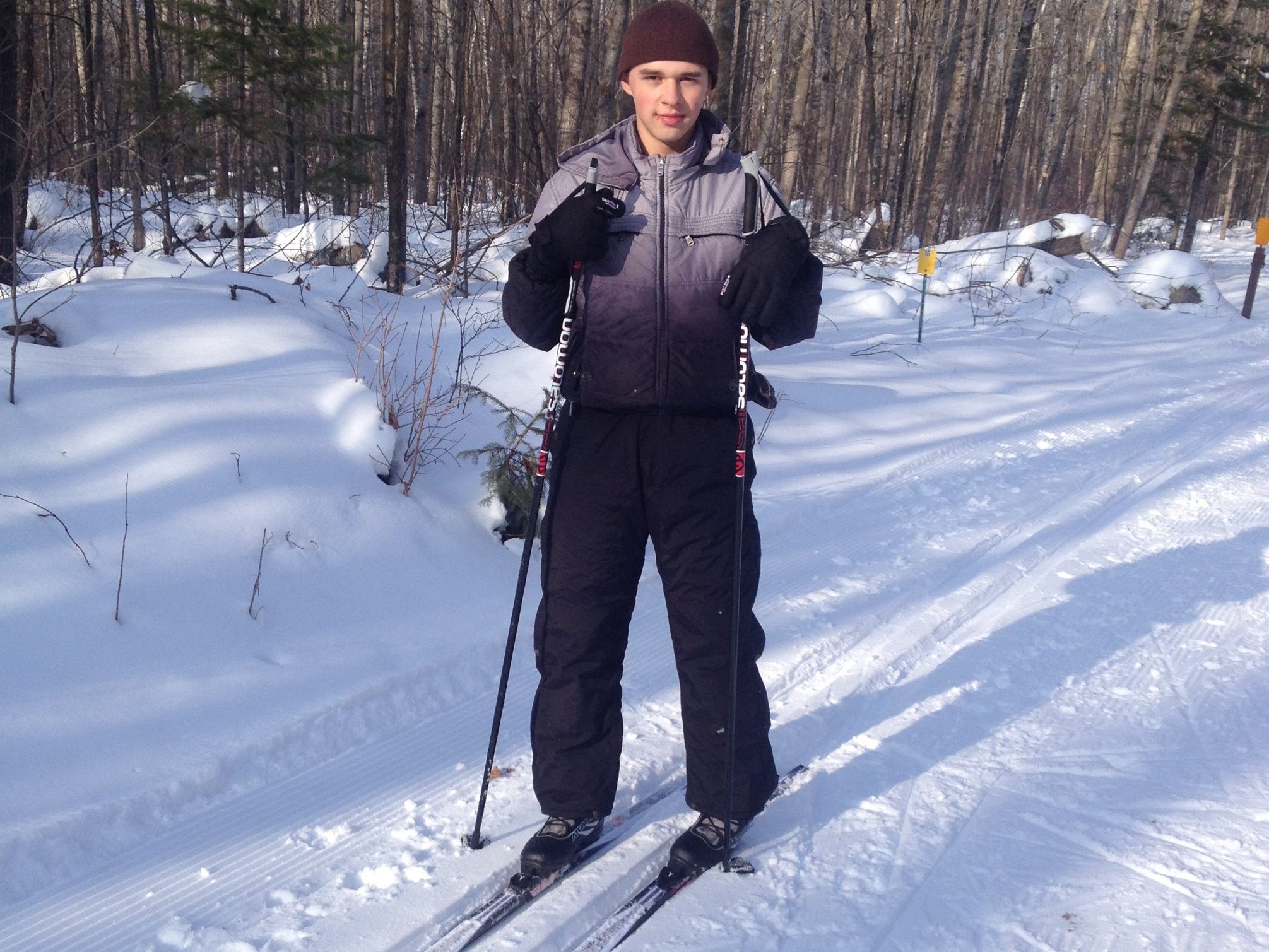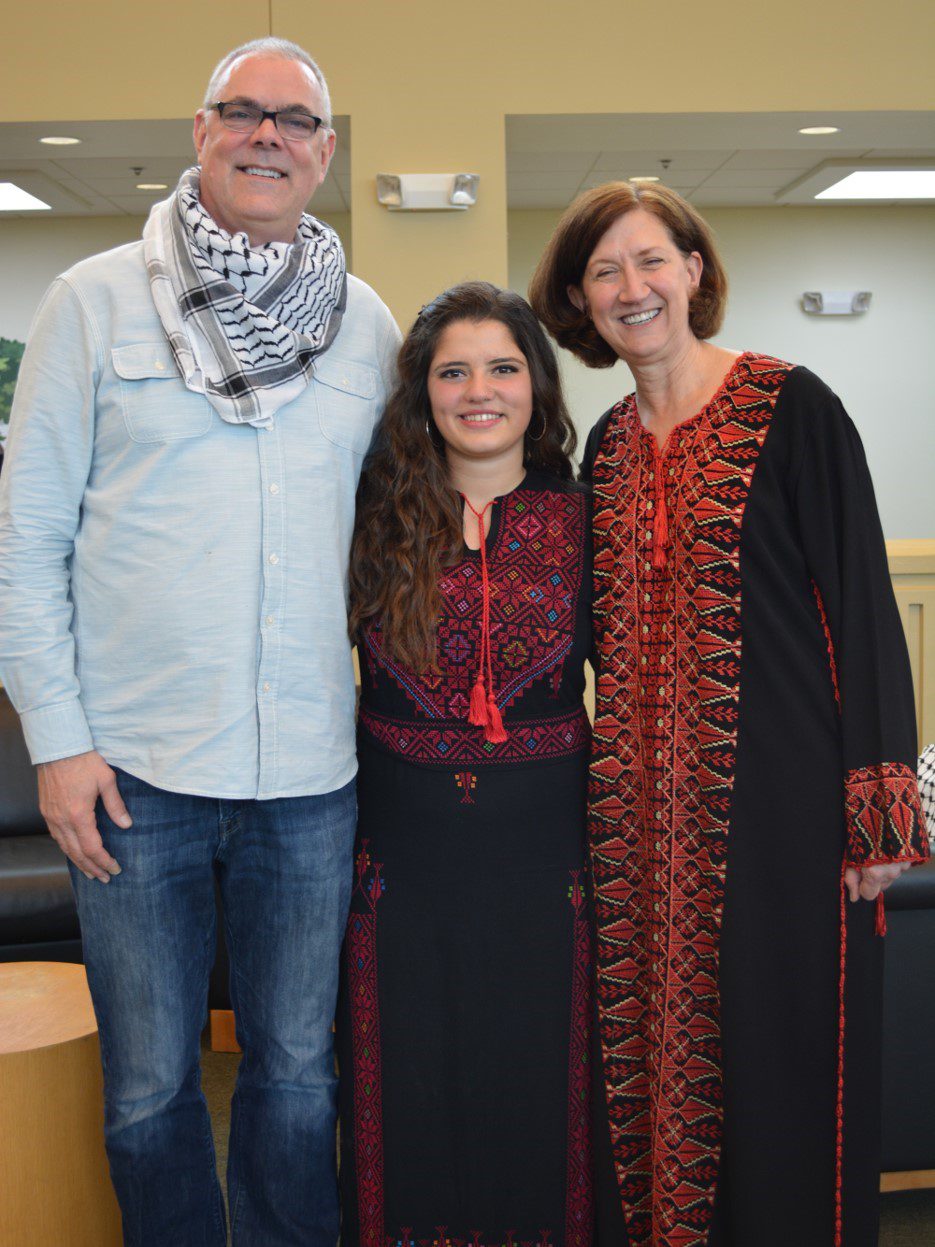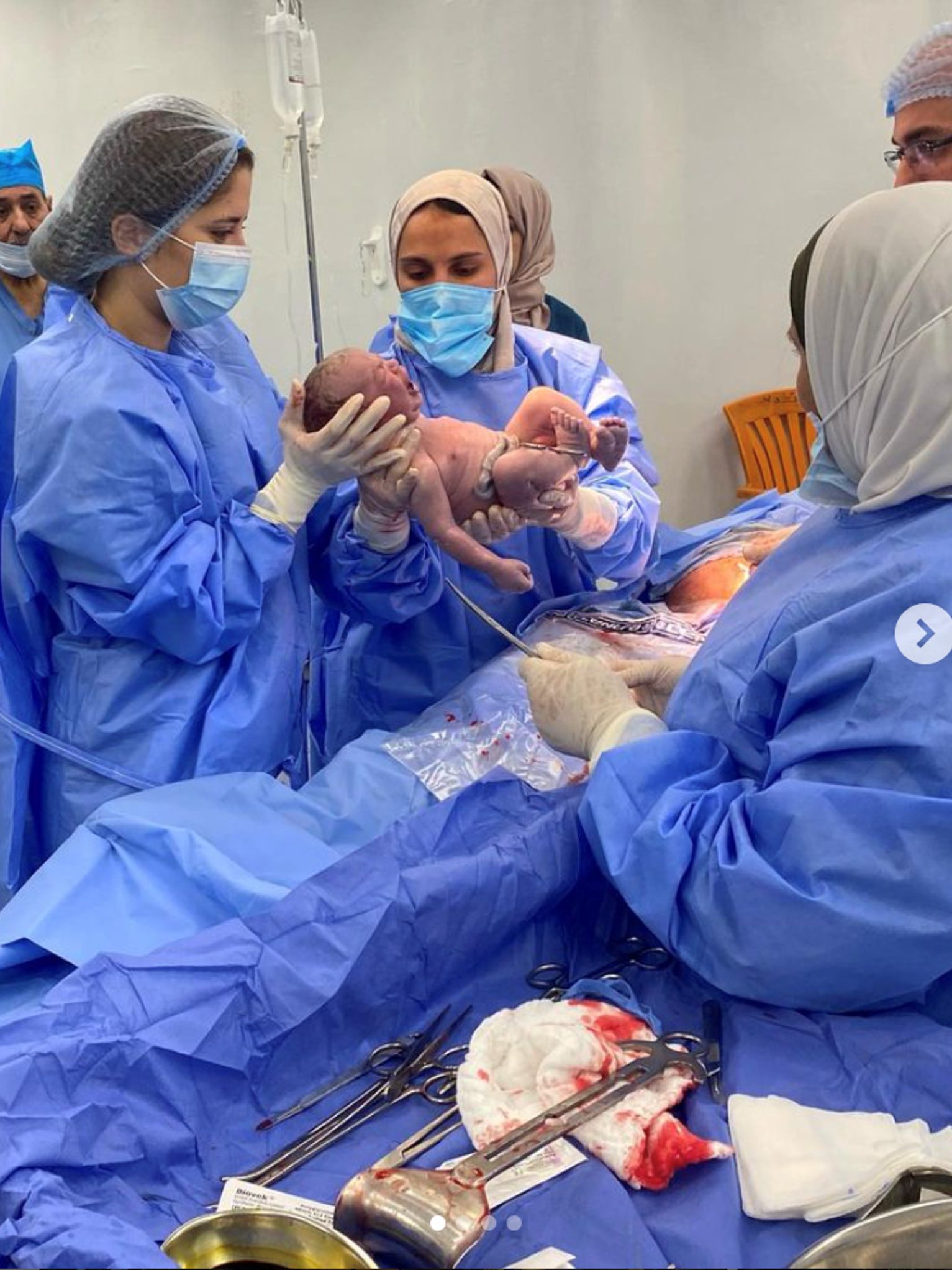In March, Greenheart held a conference to learn more about Grant students–those high school exchange students who compete for U.S. Department of State scholarships to spend one academic year here in the USA. Our keynote speaker was Annalisa Barrie. Below is a bit of her presentation, the bits that brought those of us in the room to tears of pride and joy.
Swimming, Skiing, and Crying: Learning my Invisible Superpower Through Student Exchange
by Annalisa Barrie
I’m here today to tell you 3 short stories about 3 different exchange students, in particular, students who traveled to the USA as recipients of the U.S. Department of State’s YES and FLEX grant programs. I hope these stories show you a little about the unique gifts that these students bring because of their backgrounds.
In some ways, I think of Grant students as outliers on the distribution of student exchange experiences. In the middle is the more expected or normal distribution. Out here on the tails are where the Grant students show up. And being on the tail is a beautiful place to be.
What do I mean by being on the tail? All exchange students have the shared experience of coming from one culture and having to
adapt to another culture. But the majority of these grant students have come from environments that are drastically different from the ones they encounter here in the USA. I have found that it takes extra notice and extra care but is also extra rewarding.
The more common differences that you might have already considered are:
FOOD. Many students come with dietary restrictions these days. Usually within the realm of vegan or vegetarian or gluten intolerant. But grant students often come from remote areas where their food choices might have been limited and therefore it can take extra time for them to adapt to our way of eating. Also your student might have dietary restrictions based on religion. Or if you’re really lucky you will get a student from an Arab country such as Lebanon who knows how to make and eat Mansaf with your hands.
CLOTHING. Of course students arrive accustomed to the latest trends in their country. But Grant students clothing might mean a little more. If you have a male student from Gaza, he might be wearing a keffiyeh which denotes his nationalism. Or a young lady from an Arab country might choose to wear a hijab which denotes her religion. And this requires some sensitivity to honoring the importance of their choices.
Now let’s consider the GRANT STUDENT NUANCES.
The following stories give some context for intricacies and nuances that really show the beauty of these Grant students. I think it’s like mining, and if you take the time and focus to pay attention to what they are offering by sharing their culture–well, you have found the gold.
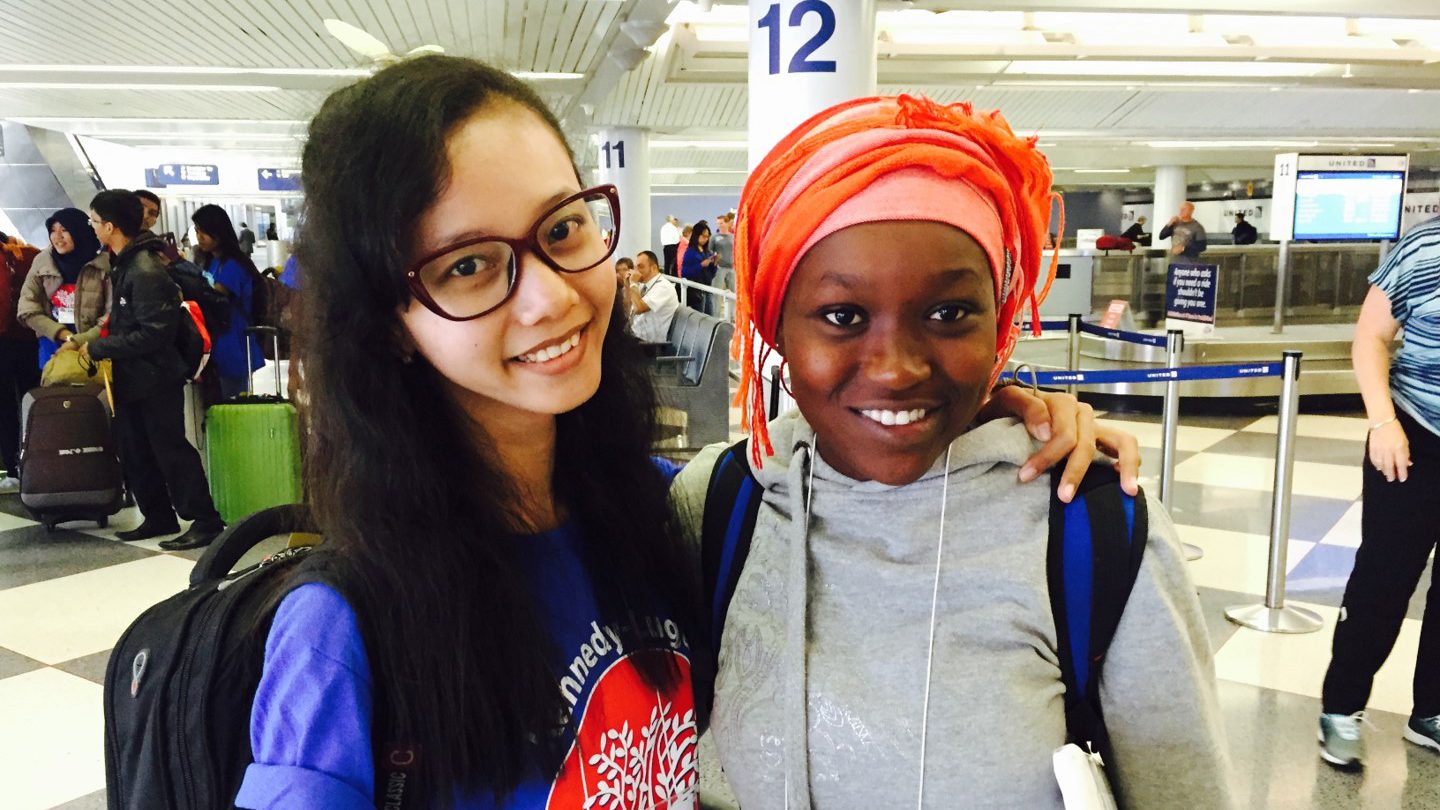
Fatihiya, Ghana, YES
Within the first 24 hours here, Fatahiya had many firsts. She is from Ghana and she is a member of the Dagboni tribe. So she spoke Dagboni and Swahili. And English. She lived in Tamale in Northern Ghana in a mud hut that she and her extended family all shared. Right away she had to make many of adjustments.
At the house. In the kitchen. Appliances! Dishwasher, Microwave. Oven. In Tamale, in her family’s mud hut, she did not have electricity or running water. The kitchen appliances were all new gadgets to her. In the bedroom. It was her first time sleeping alone. The first time she had her own room. The first time she had her own bed.

We have a cabin on a lake and we all swim. Many exchange student know to swim. Some do not. Especially when they are from an arid country not too far from the Sahara. There are not a lot of opportunities for swim lessons there! She was brave and we stayed close. Fatihiya learned how to swim.
Civil War Days Cultural Event
I had gone to this event at my local forest preserve several times before. But never did I ever consider how it would be a different experience for a person with brown skin. She didn’t know much U.S. history, but certainly knew about slavery. I watched how the actors engaged with her. The assumption was that she was African-American. But can you see already…who is learning the most here?
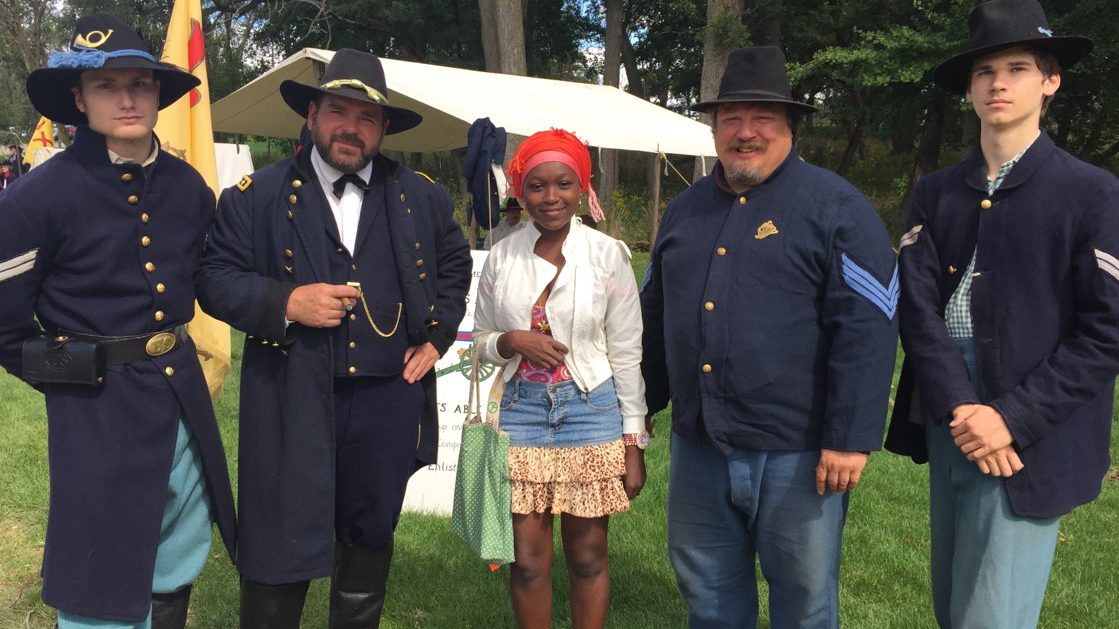
Where is Kofi Annan?
You might remember that Kofi Annan, the Secretary General of the United Nations from 1997-2006, was from Ghana. His influence is strong. Fatahiya and I talked about China’s influence on Africa. How China was their #1 trade partner. How China was heavily invested in infrastructure. How according to Fatahiya, China was having direct discussions with the tribe Chiefs to negotiate land trades and mineral rights…to the benefit of the Chiefs and perhaps not to the entire tribe. The capability to have discussions about such current important international and diplomatic events was almost startling. That’s a hidden gem right there.
Nikita, Russia, FLEX
Nikita was placed with a single host mom who had two sons. Her sons hated school. Nikita loved school. It was an unexpected opportunity to show these students something that they would not have encountered. And then learning from that.
We went cross-country skiing. Nikita could not keep his balance due to the way his disability affected the way he held his ski pole. I never had considered that. Other students skied ahead. Nikita and I never even went 30 yards. All day. But we accomplished the
most. “This is the best day of my life. I will remember it always,” he beamed.
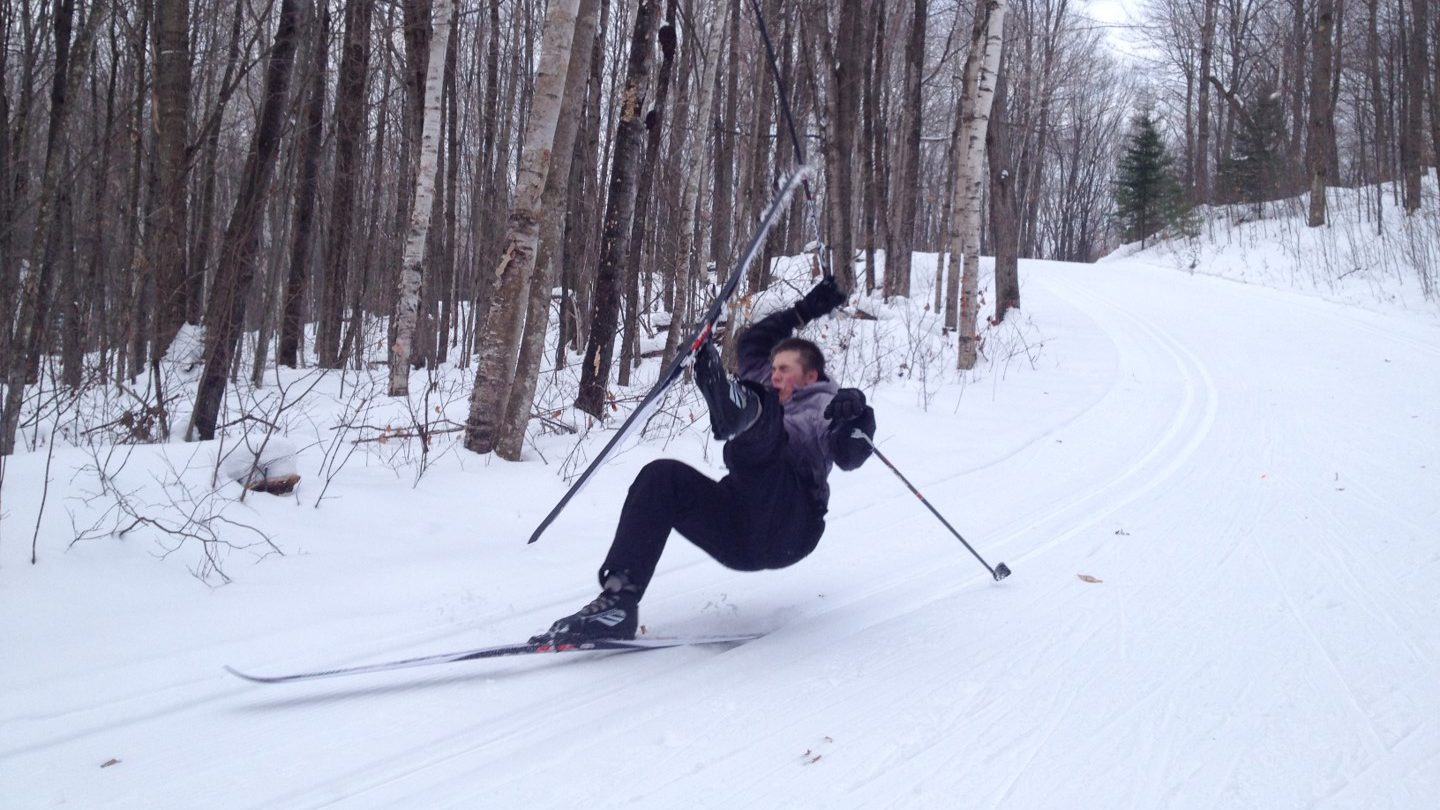
Batuhan, Turkey YES
Batu is visually impaired. And, he joined the cross-country team. “I bet you are a good runner, Batu,” someone said because he had long legs. He replied, “No because I had never run. I had to learn how to run”. He went cross-country skiing too. His buddy wore a bell so Batu could follow. The fearlessness and the desire to try it all.
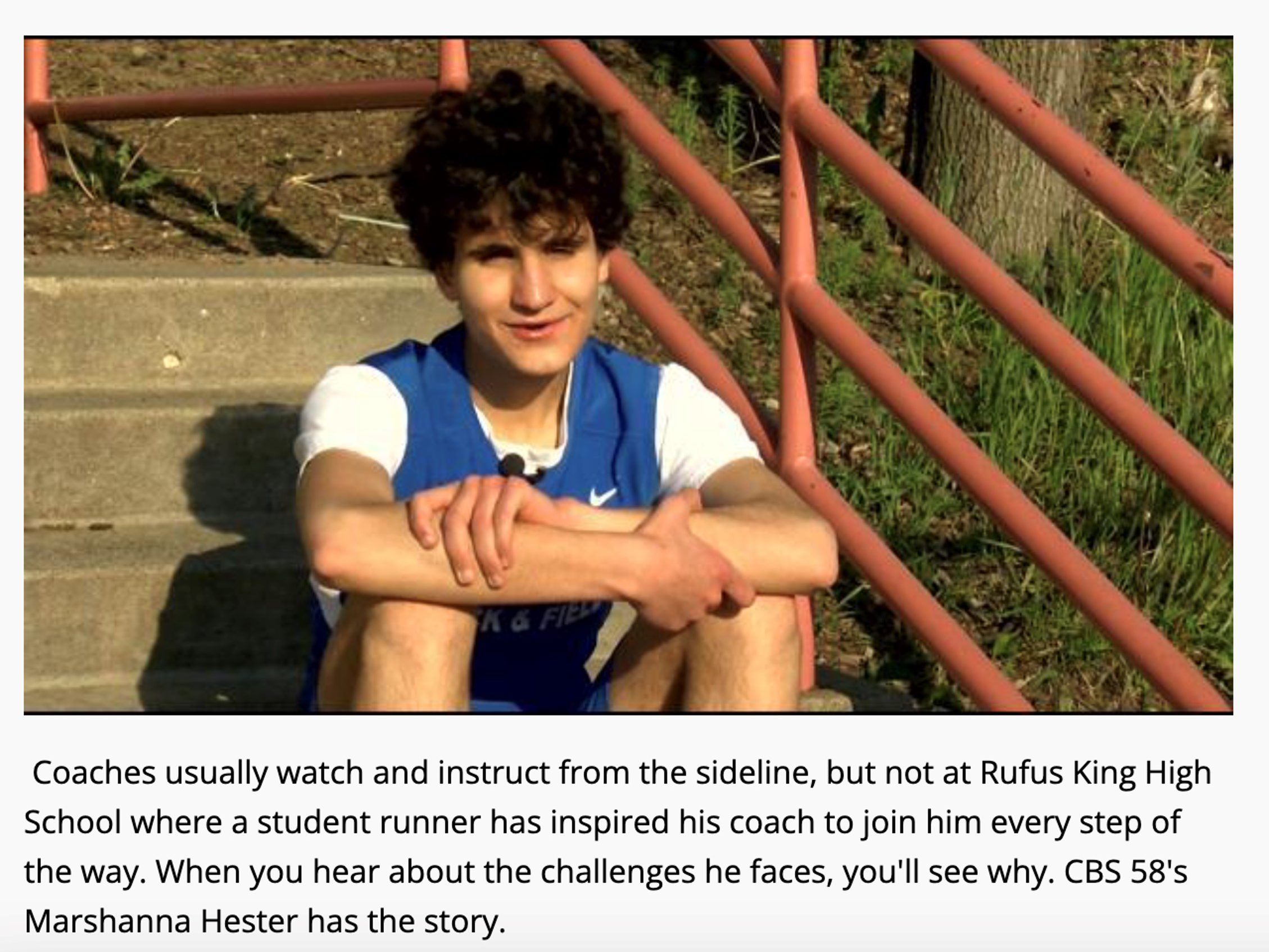
Zeina, Gaza, YES
Zeina got car sick from O’Hare airport to her host home in Grayslake, Illinois. Grayslake is only about 30 miles from Chicago’s O’Hare Airport. But Zeina had never been on a car ride that long in her life. Gaza is only about 28 miles long and 4-8 miles wide. Zeina studied hard and made a huge impact on her host family. She is now an OB/GYN after finishing medical school in Jordan.
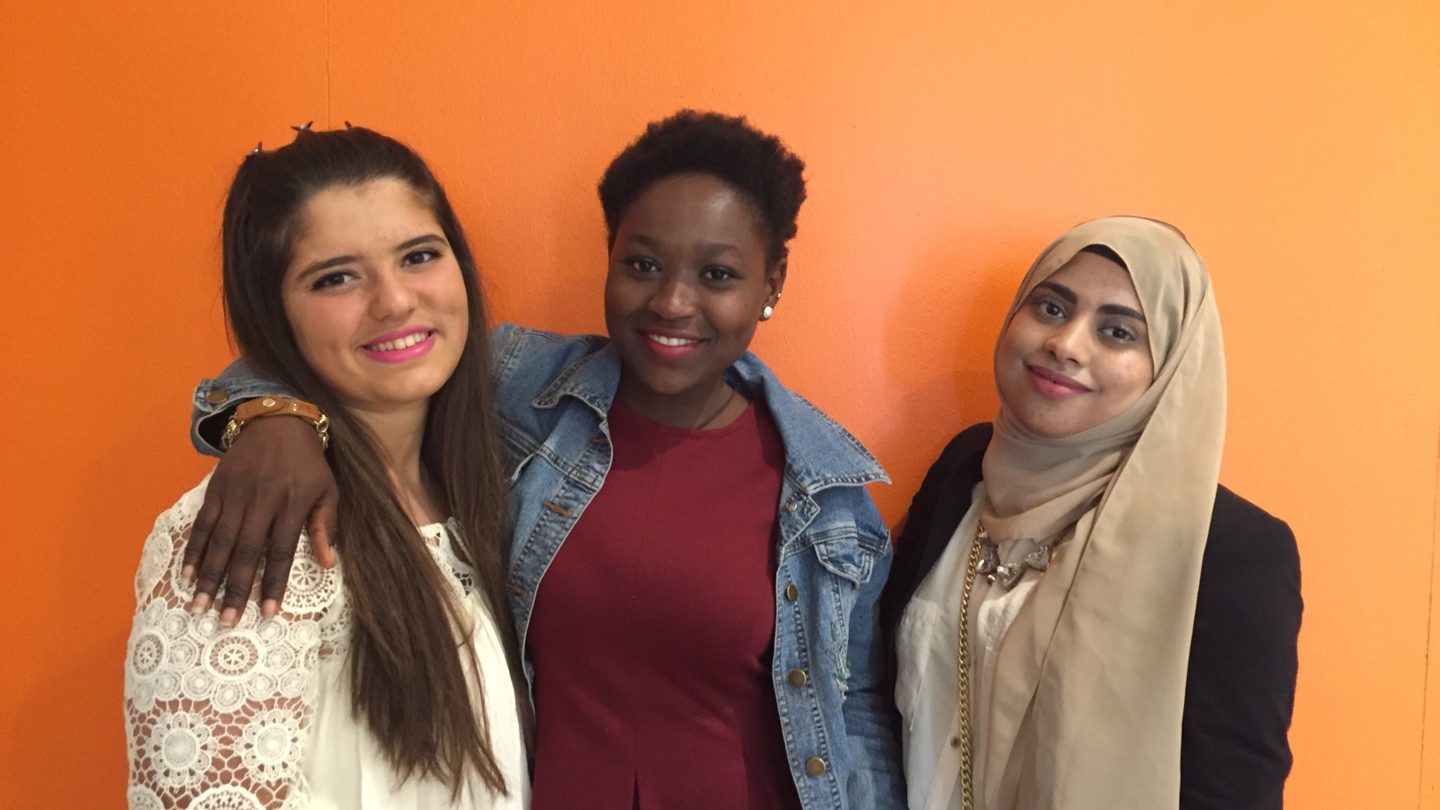
In closing, I’m learning my invisible superpower thru student exchange. So what is that superpower?
It’s CQ, like IQ or EQ. It’s Cultural Intelligence, and I hope to be learning it for the rest of my life. I’ve learned it mostly because of THESE GRANT STUDENTS. If we’re lucky, we all encounter at least one person whose life elevates and inspires our own. I’ve encountered many people through student exchange. If you open yourselves, your life, your heart to listen and learn you too will receive what these very special students bring, and then you will have a superpower too!
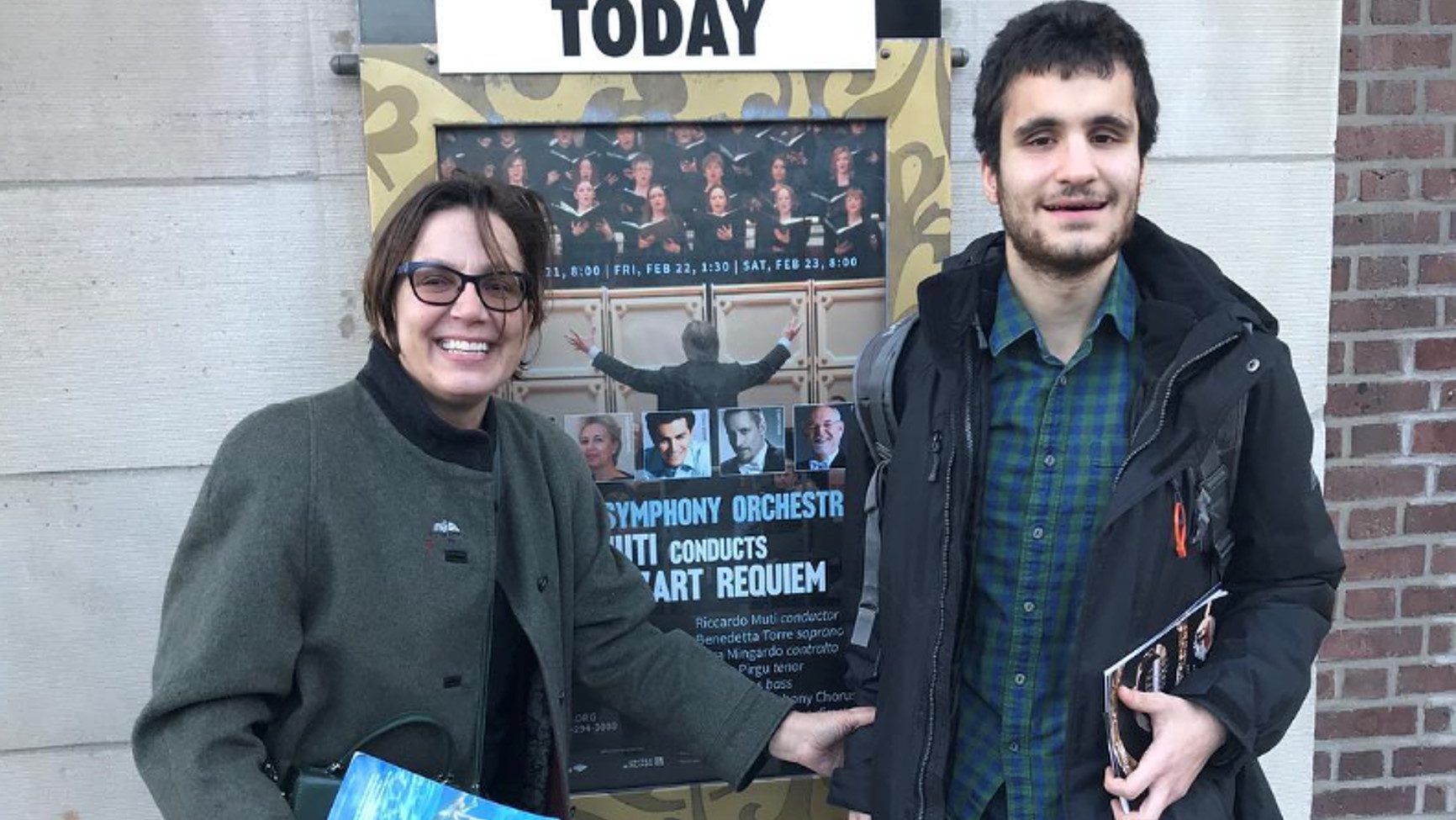
Thank you Annalisa for sharing your experiences!
If you are interested in becoming a host family to an extraordinary Grant student, please visit HostwithGreenheart.org to meet students who look forward to being here this Fall.
